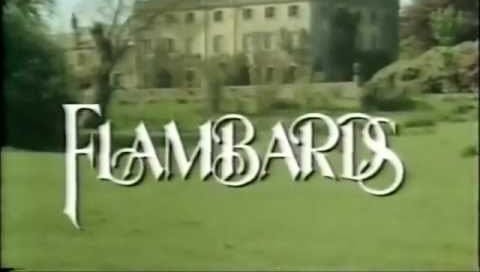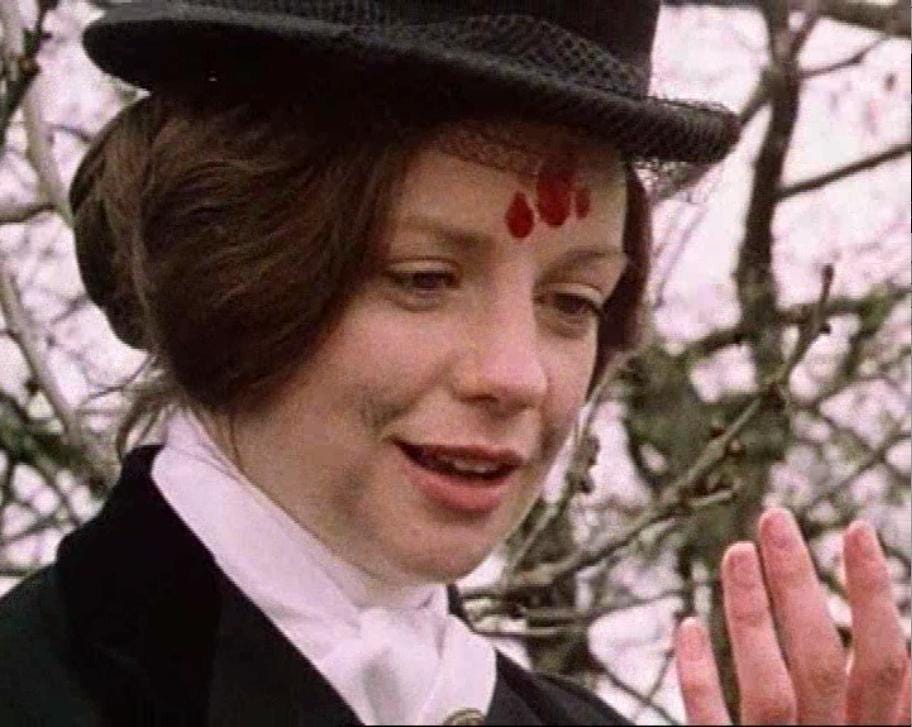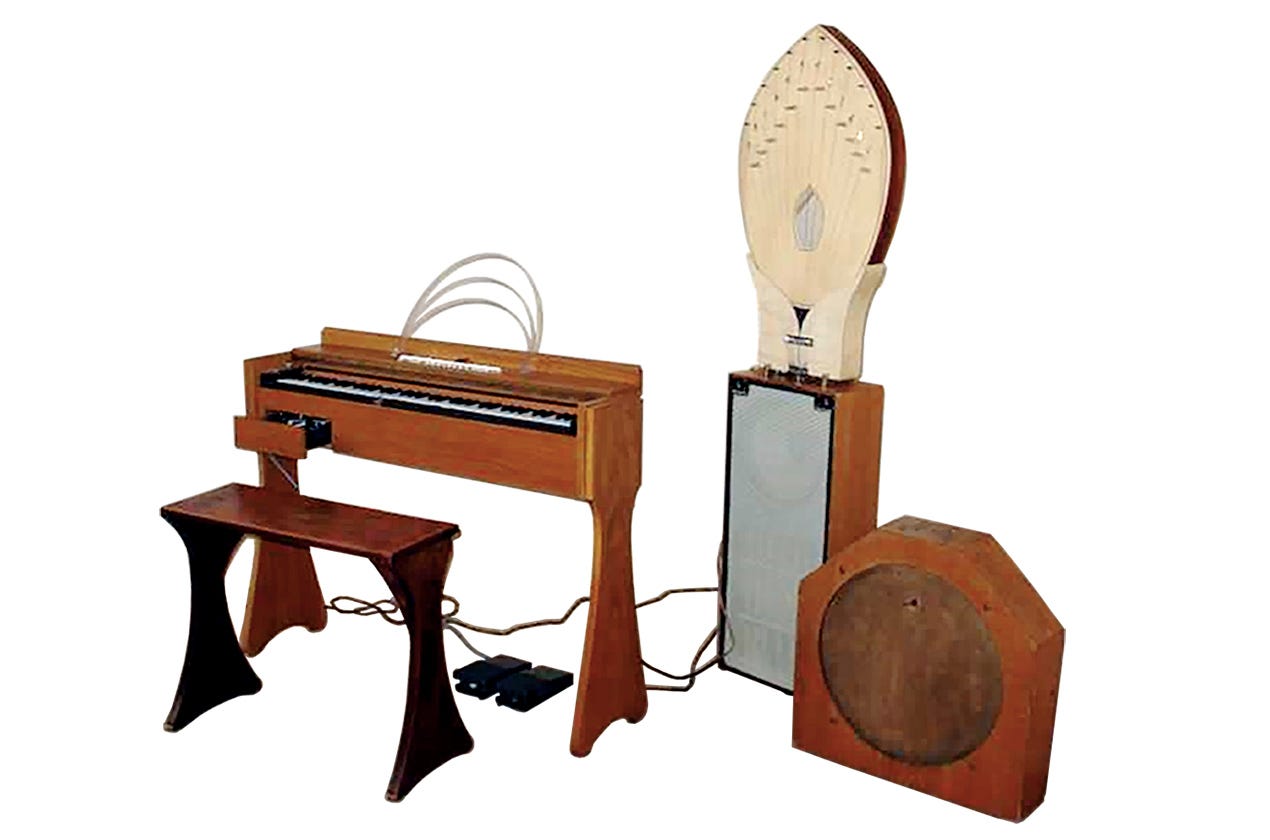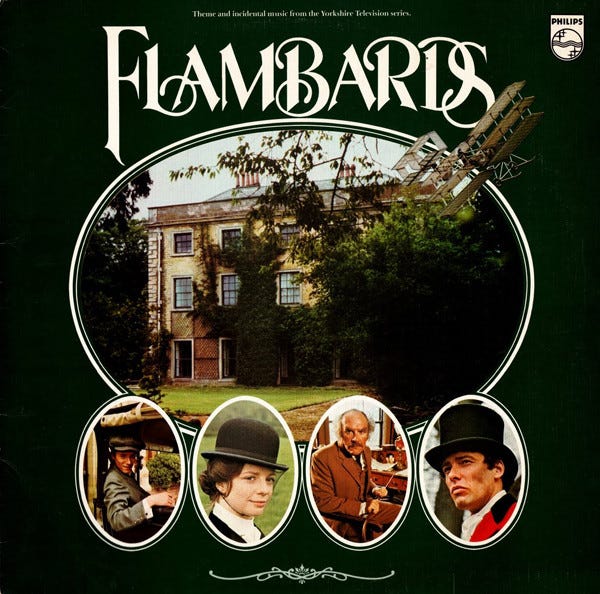I just finished watching Flambards, Yorkshire TV’s 13-episode dramatisation of K.M. Peyton’s trilogy of ‘young adult’ historical novels of the same name. (This was before ‘young adult’ as a fiction genre became just another hotbed of identity cranks.) Significantly this is not a children’s series, and was shown in prime time. It’s a rarity, a show about teenagers for adults.
I saw Flambards when it was transmitted in early 1979 when I was 10, and much of it really stuck with me. 45 years on I discovered that I remembered many of its key moments very accurately, though in that strange way of childhood TV memories the visual image was ‘flipped’ - ie what I recalled happening on the right of the screen actually happened on the left.
It’s the story of orphaned Christina Parsons, who grows up being bundled between various branches of her wealthy family. In 1909 she’s 18, and she rocks up at Flambards, the extremely dilapidated Essex house and estate of her Uncle and his two sons.
Christina has three suitors - plane-mad William (nerdy sexy and the future), hunting-mad Mark (selfish sexy and the past) and stable lad Dick (salt-of-the-earth sexy and all that high talk is above me ma’am).
There is lots of riding and flying.
It sounds quite ordinary on paper, standard stuff. The cast are pleasant rather than spectacular, and pleasant is enough - I can’t picture Christine McKenna giving us her Hedda Gabler but she is perfect here as Christina, who gets knocked down and then gets up again about twice every week. She has the indestructible ruthlessness that some young people have - refreshingly, there’s no attempt to wonder why or to explain why, she just is.
In the standard way of TV history drama, Christina challenges the fuddy-duddy ways of the period with her forward-thinking go-ahead style.
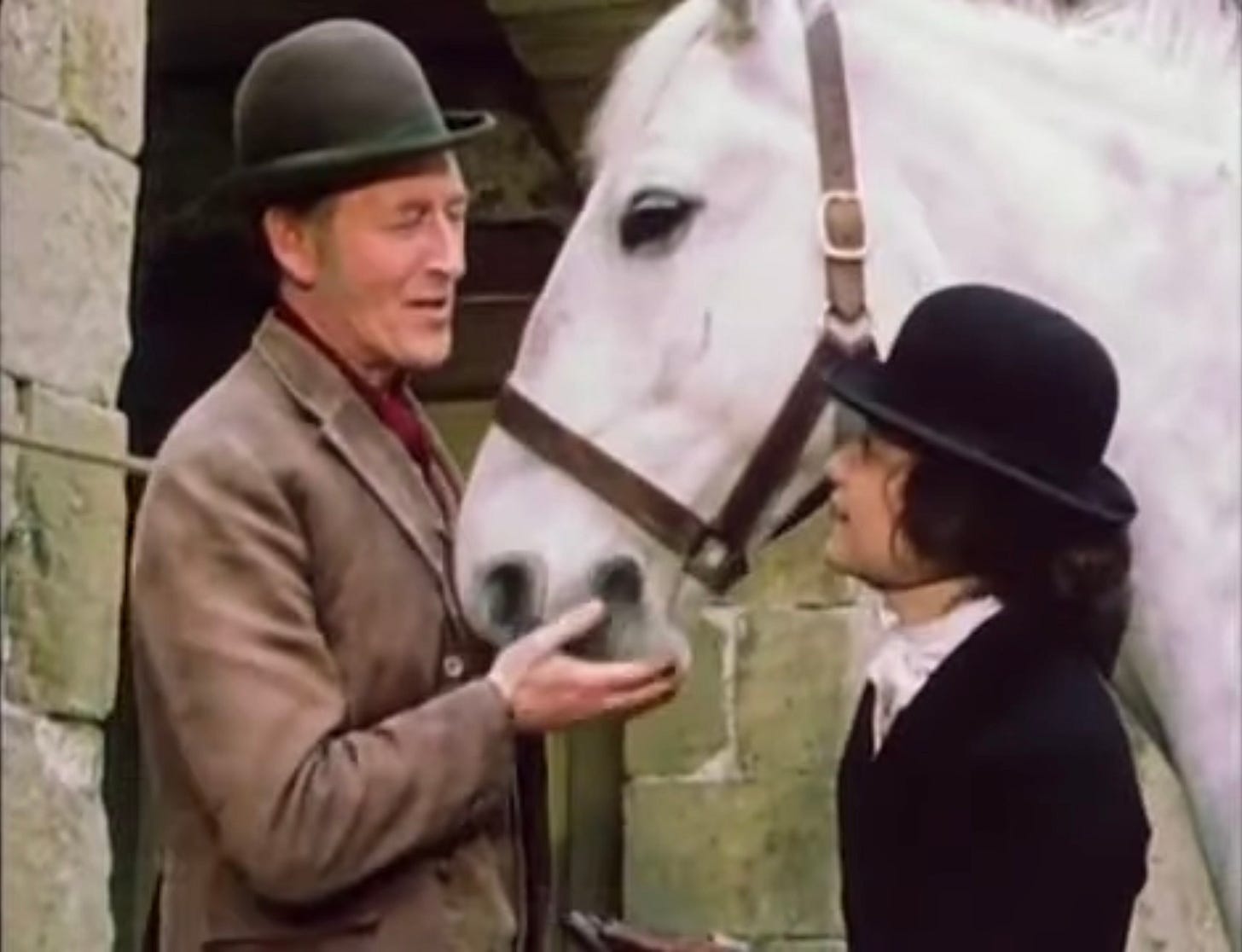
But what everybody remembers, and what lifts Flambards out of the mundane, is the music. The atmosphere of the thing is quite spooky anyway - one of the directors is Lawrence Gordon-Clark, who did the most notable of the BBC Christmas Ghost Stories - and it keeps stopping off for oddly mournful and haunting countryside shots which are often quite beautiful.
But on top of that, the music by David Fanshawe is - by the standards of its time and today’s - crazy. But marvellously so. The main instruments employed are the cimbalom, the human whistle and the Ondes Martenot, an early electronic creation that sounds a bit like a theremin or musical saw (conventional instruments pick up these themes but never originate them).
The theme tune is a deeply disturbing male alto voice repeating the word ‘Mum’ for no readily apparent reason. All of this gives Flambards an uncanny quality that it doesn’t inherently contain. It makes it distinctive, and weird.
You keep thinking something terrible is going to happen, but it mostly doesn’t. I remembered every note of it 45 years on. There’s even a love song to Christina which accompanies some of the flying scenes.
One can easily imagine a nicer, safer, more ordinary version of Flambards - a BBC Sunday teatime serial that would have probably been fine in its way. Watching the actual version again brought back to me how ITV back then - with its far flung competing regions and lack of standardisation - often had an unpredictable, unsettling quality. As a kid, with the BBC I felt safe. I got the feeling everyone at the BBC knew each other and wandered between the studios at TV Centre (as they often actually did in children’s programmes). With ITV such clean edges were not there. Yes, you might tune in and see Fred Dinenage hosting a quiz show with dolly birds - but you might find yourself watching an ATV drama in which Joan Sims was drowning babies.
Flambards is a treasure. I strongly recommend it.

